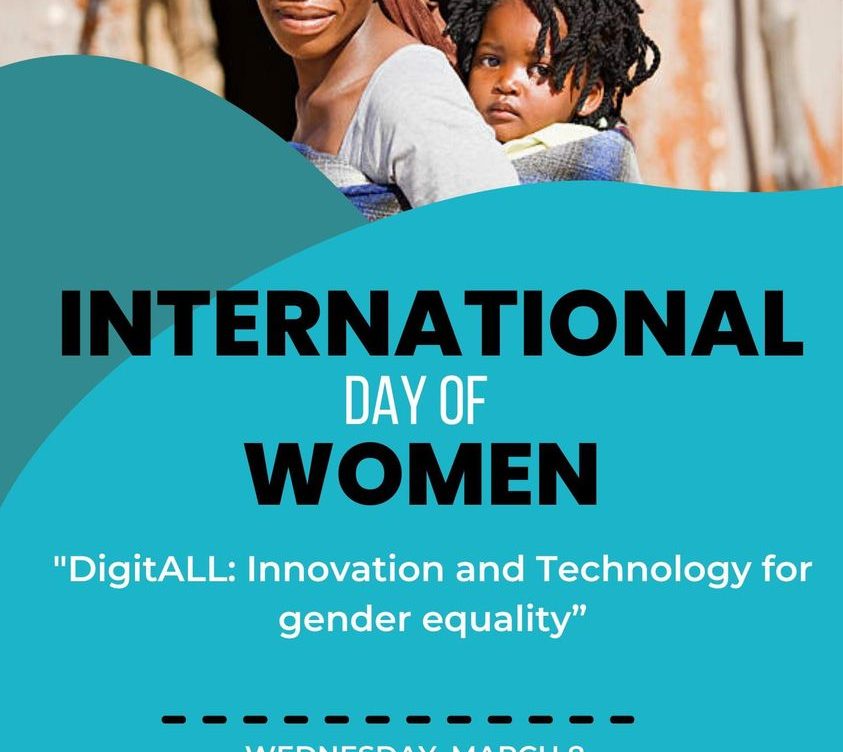
Panos calls for increased investment in inclusive, gender responsive digital innovations and technology.
Lusaka, 8th March,2023: In commemorating the 2023 International Women’s Day under the theme “DigitALL: Innovation and Technology for gender equality, Panos Institute Southern Africa urges Southern African governments to reflect on and address gender disparities in digital skills and technologies.
International Women’s Day is an opportunity to celebrate women’s achievements, raising awareness about gender inequalities, and increasing support for women advancement in various spheres, including technology. The day is also an occasion to recognize women’s contributions to the social, cultural, economic, and political wellbeing of nations.
Panos is saddened to note that despite the current technological advancements, the digital gender divide is still wide. There is notable disparity in access to the internet, digital technologies and digital skills between men and women. As an organisation, we will continue to work with state and non-state actors to address the policy and programmatic inadequacies that cause this situation.
In the quest to ensure equal opportunities and inclusive participation in development, Panos promotes women’s access to and use of the internet and digital technologies to unlock opportunities for them to shape the development agenda. In all that we do, we take steps to identify and address barriers to women’s access to and use of technology. We are confident that if well harnessed, technology can be an equaliser for women and other marginalised groups. Empowering women with digital technology will not only help fight gender inequality but also help support and widen access to technology by reducing social barriers. Technology also provide opportunities for training and capacity development that boosts proficiency for women.
Panos acknowledges and commends the positive strides governments in the region have made towards achieving universal access to information and communication technologies, with significant penetration to isolated and marginalized populations that include women. However, a lot more needs to be done to encourage digital technology and innovation to truly transform women’s ability to exploit opportunities in social, economic, and political spheres.
To effectively address the gender digital divide, governments need to implement measures that eliminate the social, political, economic, cultural, legal and technological barriers that have a bearing on women’s access to and use of ICTs. Affirmative action that ensures that more women have unhindered access to affordable internet and digital devices, reliable connectivity and digital literacy and skills will be key in this regard.
Issued by:
Vusumuzi Sifile
Executive Director, Panos Institute Southern Africa
Email: vusa@panos.org.zm